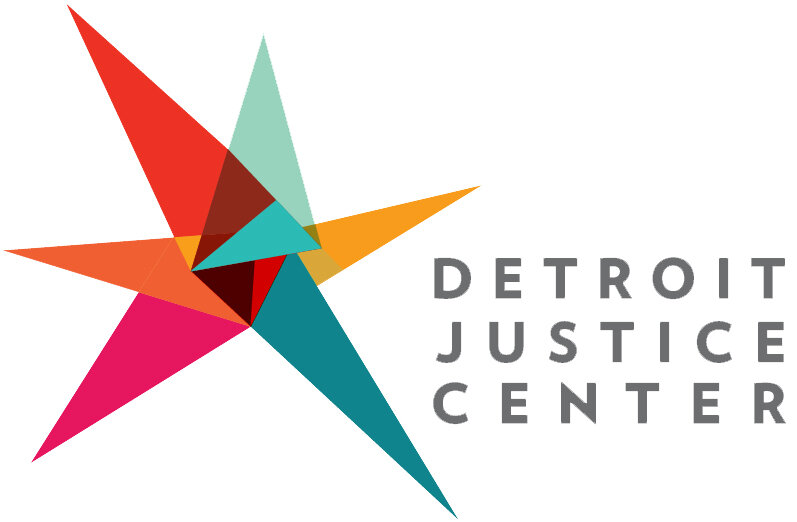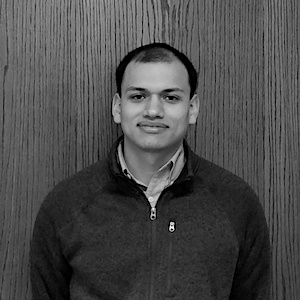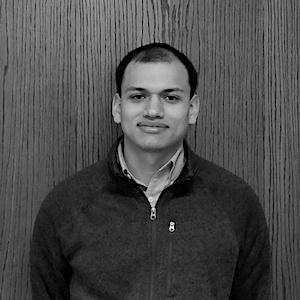Staff Profile with Paralegal, Alex Navarrette
Casey Rocheteau: What brought you to DJC? How did you find out about the organization and what was it about our work that appealed to you?
Alex Navarrette: I first found out about it through one of my cohort members at Semester in Detroit, Robert, who was interning here. Through him, I got to hear a lot about what the Legal Services Practice was doing. Once I graduated, I started applying for jobs, and this paralegal position at DJC came up. I was interested in the overall work that was being done here, not just traffic tickets and legal family matters, so I applied.
CR: What’s it like for you to be doing this work here, as someone who grew up in Detroit?
AN: I’m very passionate about making sure that Detroit continues to be a home for people that live here. I get the impression sometimes that people feel that it’s something put upon them and they feel like they can’t escape. However, there’s still this desire to have a home where they feel like they can have a future here and enjoy living in it. I think we’re also finally seeing the reversal of that notion where people leaving the city is a signal of success. We’re seeing people investing, staying, and moving into so-called “better” neighborhoods but still staying close to the community that they grew up in. So it means a lot to me that the people who live here get the best experience possible.
CR: What does your day-to-day work look like as a paralegal?
AN: I make sure that the lawyers have all the information that they need to best serve the clients. A lot of times it’s information behind a lot of phone calls and web searches that are very time consuming. I try to make sure everything is in a physical copy for them to look at and meet with the client. It’s really just making sure that they only have to do lawyer stuff that only a lawyer can do. I’m someone who enjoys helping in my place within a larger system, so if I can save some valuable lawyer time, that’s what I’ll do.
CR: What got you interested in legal work?
AN: I felt like it was the next logical step for the work that I’ve been doing. When I was in college, I did mostly economics and development work, and to me economic development is a big social justice issue as it allows people to grant themselves freedom. Of course, social justice doesn’t end there and the next big piece I saw was making sure that people are physically free, not just financially free. Specifically, what interested me in the work that DJC is doing was making sure that people can avoid jail on arbitrary charges, and also that they can move about as they please once people are free. I wanted to insert myself in whatever way I could so I could learn more about what the specific issues are and help wherever I could.
CR: Do you see yourself becoming a lawyer in the future?
AN: It’s something I’m considering. What makes me want to are the success stories that we have. Maybe it’s just me, but what makes me not want to is that a lot of times it’s very demoralizing to see just how neglectful the people in power are, specifically in policies that negatively affect thousands of people. Regardless, I’m definitely considering it, but it’s also about my skills. So what I’m considering is, what am I already good at and what can I get better at? And should I build on what I’m good at and go into policy and research or should I get better at the legal stuff and dive into being a lawyer?
CR: What do you think would help change things in the next ten years to make things more equitable for people who are court involved?
AN: There’s so many things, and a lot that I frankly don’t feel qualified to talk about. Before working here, I worked at a workforce development agency, so I think a lot of the resources that places like that and DJC offer to returning citizens to hit the ground running once they’re back, we can only keep improving on the access that they have. Our organization is already great at it as far as spreading our resources as far as we can, but I’d like to see more programs, and programs not just for people in jail but folks who are in trouble with the law. Nobody rationally chooses to be in trouble with the law. For instance, driving without a license isn’t something you choose to do, it’s something you’re forced to—you have to drive, you have to make money somehow. There are so many things that drive us to do things that aren’t sanctioned by the law but aren’t inherently bad. We should look at people in those types of situations as victims of circumstance, which still hasn’t been done at a large scale, and we really need to take a look at the morality of laws that have bad effects on how people live their lives. If we constantly see perverse outcomes, we can’t just cross our arms and just say “well that’s the way it is.” If we expect people to follow the law and enforce it, then it’s all of our responsibility to make sure that they are good laws.
CR: What are you looking forward to for the summer?
AN: Getting to ride my bike more, breaking in the new house, having cookouts with friends.


